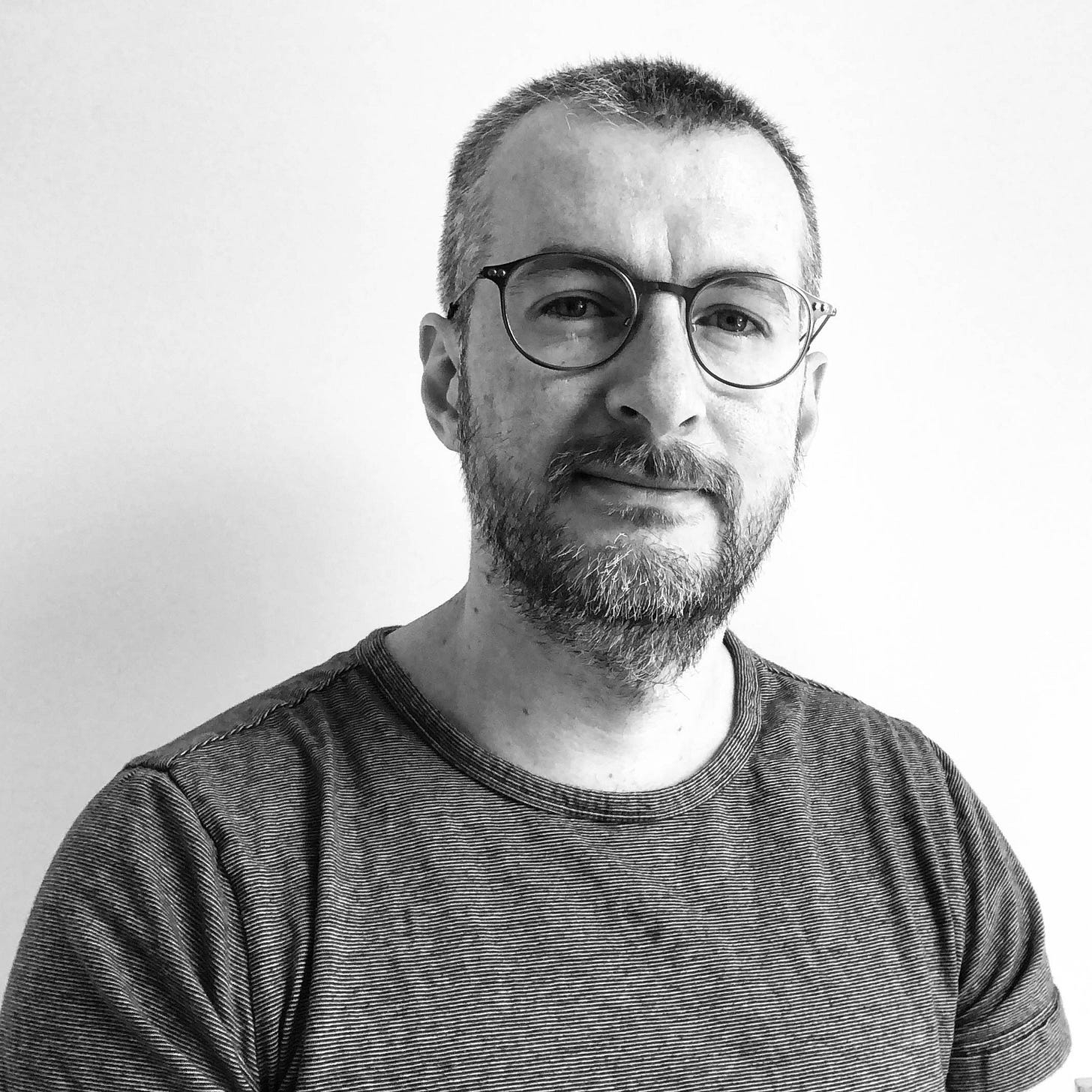“It’s probably the most hipsterish job title in the UK public sector,” Giuseppe Sollazzo tells me with a laugh. And yes, Head of the AI Skunkworks at NHS X sounds a pretty cool job.
But in the latest of my Healthy Conversations the man whose other handle is Deputy Director of the NHS Artificial Intelligence lab showed plenty of sober realism about the challenges in applying AI to healthcare.
We were speaking in the week when IBM sold much of its Watson Health business after it failed to see much of its work put to practical use in hospitals. And as Moorfields consultant Pearse Keane told me recently, the challenge of taking an AI concept and getting it “from code to clinic” in the NHS is a daunting one.
“This stuff is very new and in many ways, we're still at the experimental stage,” Sollazzo says. The main part of his job, running the Skunkworks, is all about trying out new ideas, whereas the AI Lab tries to deploy proven concepts across the health service.
(You can listen to the whole of my conversation with Giuseppe Sollazzo on my new Always On podcast here:)
“We try and engage with the variety of clinicians, nurses and other people who work with analytics in the NHS,” he explains. “And with them we take a journey. And that journey is about understanding what their problems are and trying to deploy AI in a rapid manner to address those problems”.
If you think of AI in healthcare as being all about robot surgeons or automated diagnosis of scans, you might find some of the Skunkworks projects rather mundane. Sollazzo cites, for example, the Gloucestershire hospital which wanted to predict the length of time a patient would stay.
”Being able to predict how long they're going to be in hospital is quite important,” he says, explaining that a third of stays in Gloucestershire hospitals end up being long stayers. “There is a huge literature about how loads of these long stays are actually needless - people should be sent home where their recovery in the community is faster and more comfortable.”
In collaboration with a company called Polygeist the project used a neural network to try to predict which patients would be long stayers - and succeeded in getting it right in two thirds of cases. Now the hospital is looking at how it might put the algorithm into action to identify those patients who, with extra support, could have a shorter stay.
Sollazzo says he learned in his previous job as Head of Data at the Department of Transport that “most of the problems solved by by data are not super exciting.” The same is true of many uses of AI - but that doesn’t mean they are trivial:
“No one will ever hear about doctors using an AI to predict your length of stay, but that might be a big contributor to your wellbeing while in the healthcare system.”
There are some eye-catching projects in the main AI lab - one involves a system to automatically detect prostate cancer from biopsy images, giving an earlier diagnosis than a doctor could.
But here and right across the NHSX AI activities, Giuseppe says the task he and his colleagues face is about far more than just assessing the technology. “Clearly we have the burden of the proof, which is that the machine needs to be as accurate as the human.” But there are other questions. “ How do patients engage with AI? How do doctors engage with AI? And what forms of recourse do they have if the AI is wrong?”
He is keen to play down any threat to medical jobs, comparing AI to what the arrival of X-rays did for doctors in the last century - “what we're giving them is a way to know more about the patient.” He suggests that AI systems could work alongside doctors, for instance giving a second opinion on a scan for breast cancer, where currently best practice says two human doctors must be involved.
Then there is the question of biases in the data that is the essential fuel for most AI systems. He gives one example: “We've been working with a group of dermatologists to try and understand if we could create an assessment of pressure ulcers. And it turns out that all the literature is about patients who are white.” So, it will be hard to develop a system that would. work for all patients.
I ended our conversation by asking the Skunkworks boss whether he was an optimist about delivering AI in the health service over the next five years: “I think my role here is not that of being optimistic or pessimistic, but navigating that conversation, making sure that we work transparently and openly and keep having a conversation with the public.”
After years of hearing excitable PR people making outlandish claims about AI replacing radiologists or providing miracle cures I found Giuseppe Sollazzo’s calm approach rather refreshing. He may have a hipster title but he seems to be promising that any AI revolution in the NHS will be so quiet and understated that you may not even notice that it’s happening.




